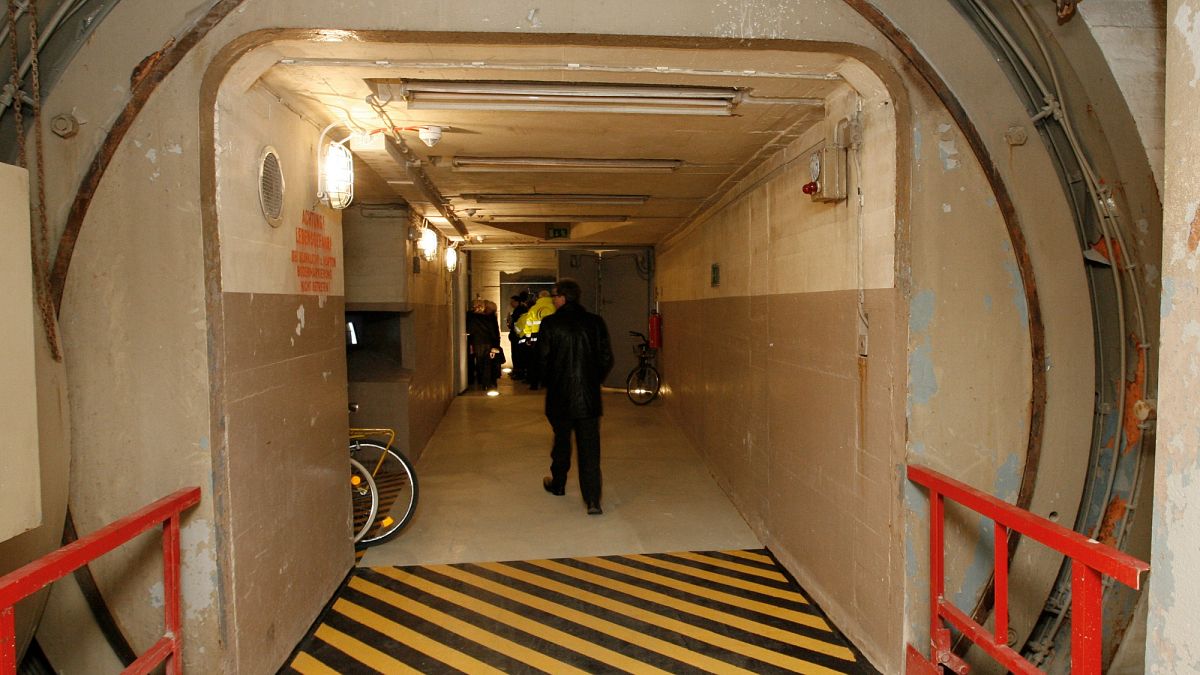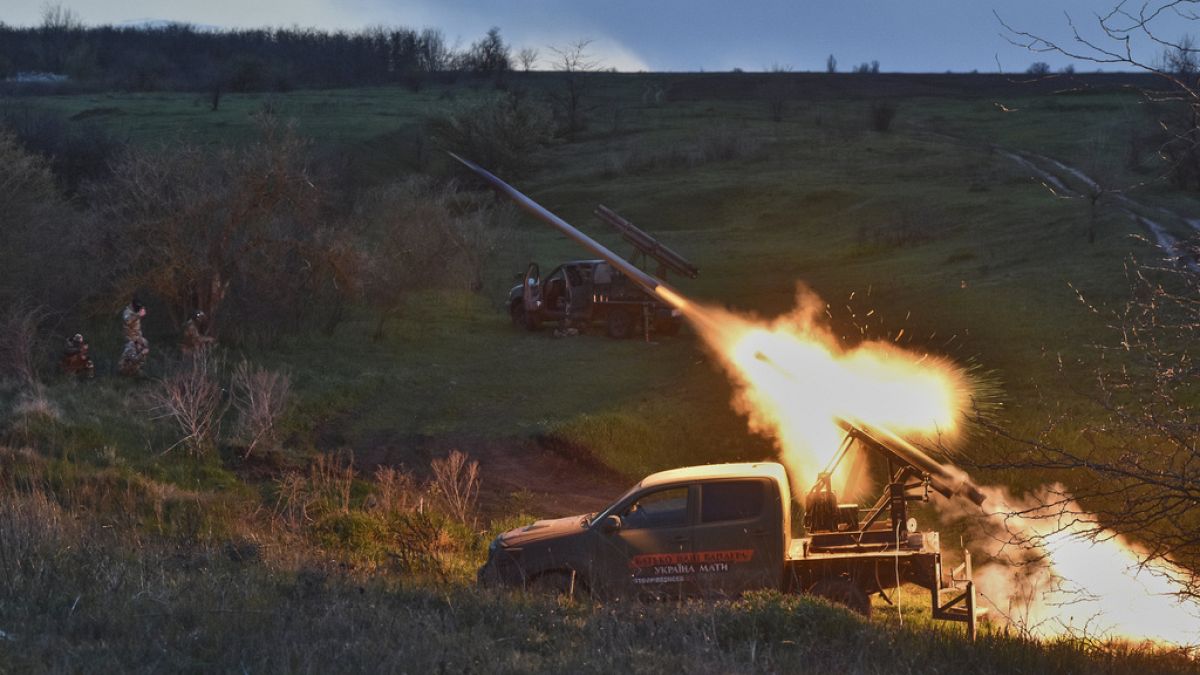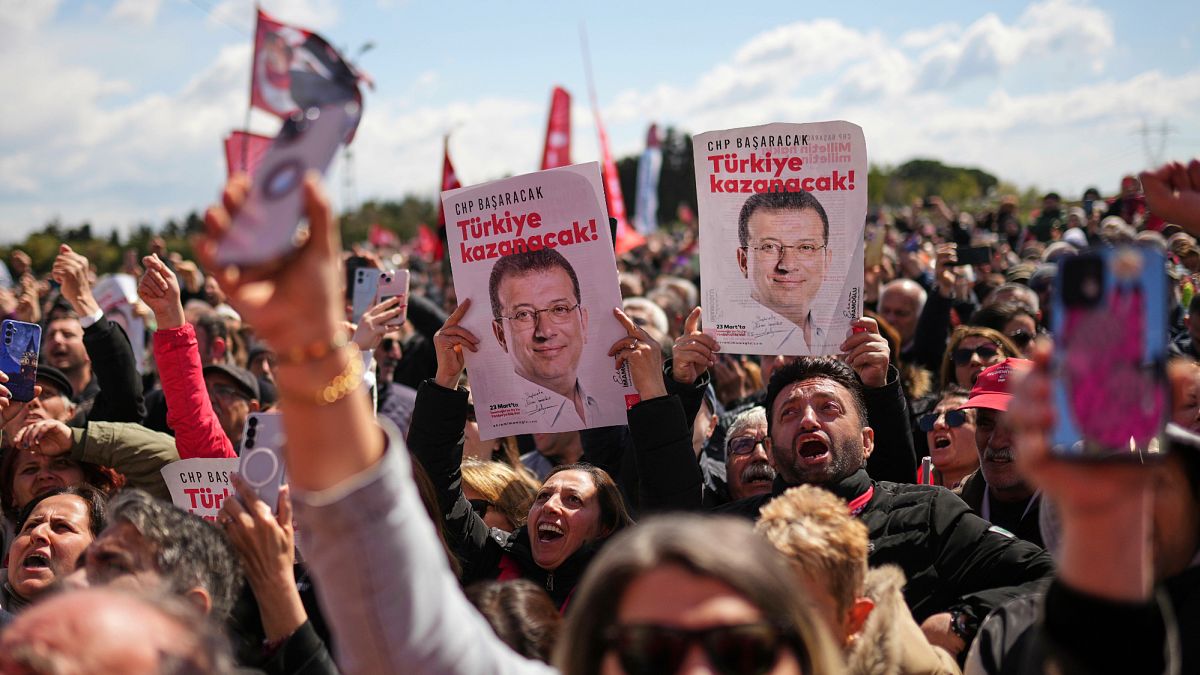Last year, German Defence Minister Boris Pistorius declared that Germans “must be ready for war by 2029”. The government is ramping up defence spending, and car manufacturers are considering repurposing factories to produce military supplies as the country faces the possibility that Europe could soon face a full-on conflict.
As part of the transition to a war footing, one company has identified a niche market: a nuclear shelter estate agent service.
German Bunker Makler‘s managing owner, Peter Aurnhammer, told Euronews that demand for blast-proof facilities has been increasing “very significantly”. His company’s customers are spread across the whole of Germany, and more and more people are setting up home protection shelters.
Germany has a large number of shelters and bunkers left over from World War II and the Cold War, but many of them are in need of repair or renovation. According to Bunker Makler’s website, “there isn’t a single public shelter for civilians in Germany”.
“Political developments over the past year have led to a shift in attitudes in society, so families are now taking steps to ensure their own safety,” it says.
The company also offers members of the public who cannot set up their own shelters the opportunity to secure places in advance in case a nuclear strike occurs.
German Bunker Makler also offers slots in so-called “shelter hotels” under a programme that prepares underground car parks to double as shelters in a state of emergency. When needed, the garages can be cleared of cars, their gates closed, beds and supplies set up, and ventilation systems switched on.
The company offers spaces that cost between €35 and €89 a day during peacetime, and €85-€180 a day during emergencies. Subscriptions begin during peacetime, with contracts running between seven and 10 years.
The more expensive package includes a space in the shelter, a room in a 4-star hotel, guaranteed food supplies for three months, and wellness and a spa area. The cheaper package only includes a space in the shelter — and the hotel service cannot be used outside a state of emergency.
An obsolete programme
Other estate agents across Germany have also been capitalising on recent political developments, and have started offering bunkers where they can find them.
According to a report from the German Bundestag this January, there are 579 shelters, with approximately 478,000 shelter spaces left over from the original 2,000 that were built in former West German states. They include underground garages, train stations and protected hospitals that were constructed for the air raids in WWII.
However, according to the figures, none of the country’s civil defence facilities are functional or operational. The government decided to abandon the shelter concept in 2008 and “cease the functional maintenance of public shelters” as Europe was living in relatively peaceful times.
Switzerland announced at the end of last year that it would spend around €250 million upgrading its emergency shelters. According to Swiss law, every citizen must have access to a shelter, and every new building must have one built in.
The shelters have doors reinforced to protect against nuclear explosions — but for now, many people are using them as wine cellars.













